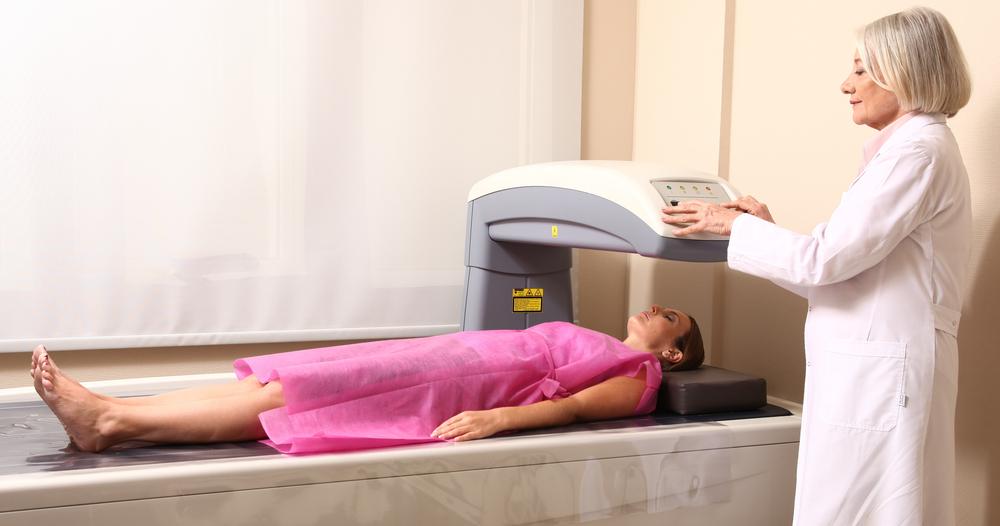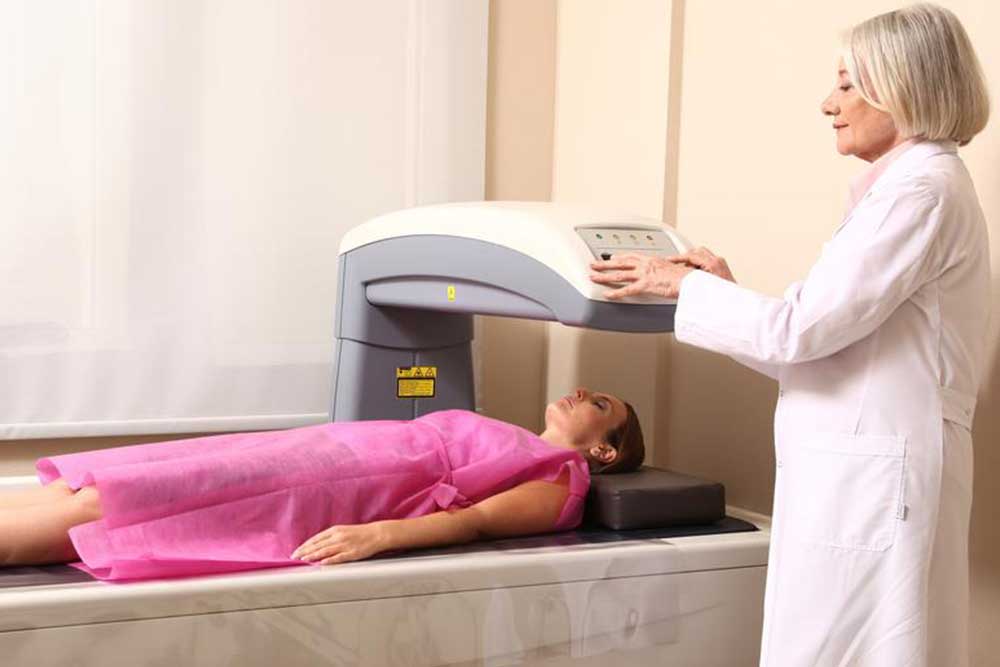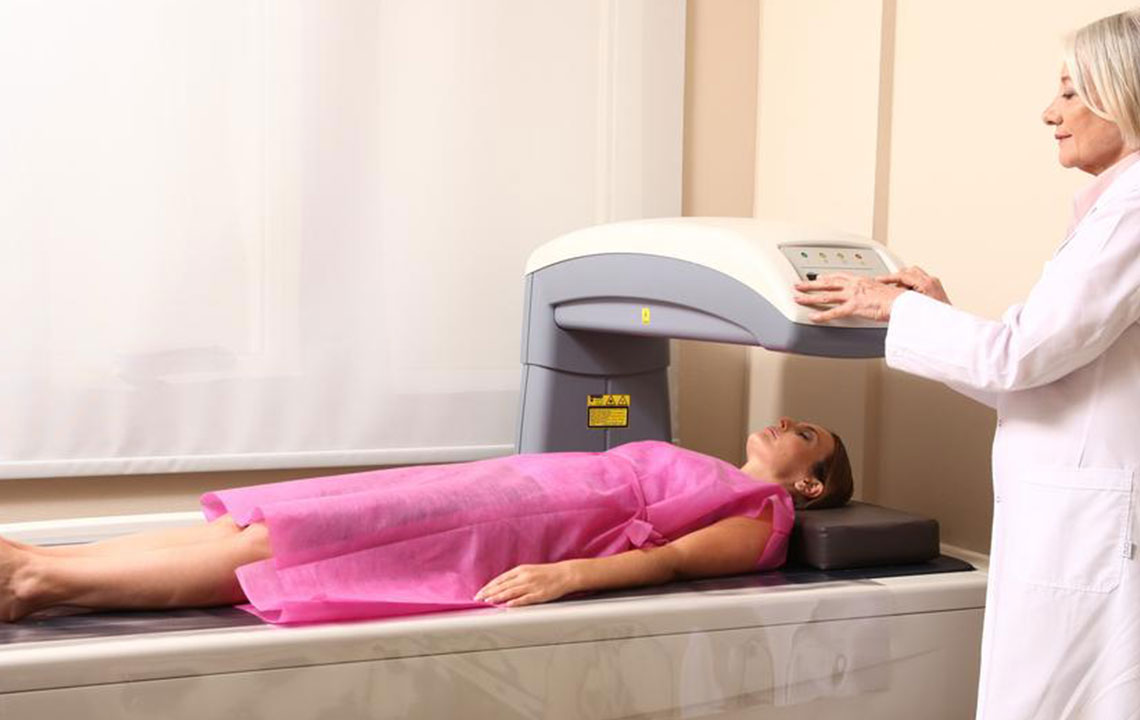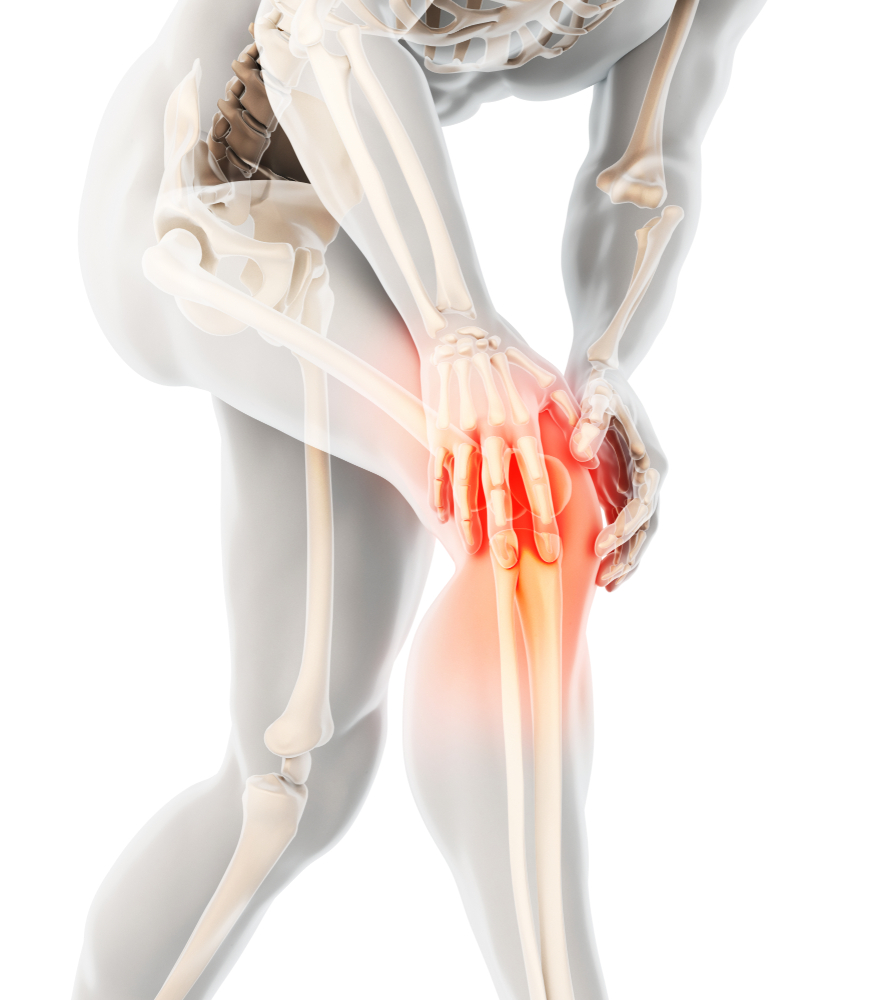Comprehensive Guide to Bone Density Testing: Why It Matters for Your Health
Bone density testing is a vital, non-invasive method for assessing bone health and fracture risk. It plays a crucial role in early diagnosis and management of osteoporosis, especially for at-risk populations such as postmenopausal women and those with a history of fractures. Regular assessments enable timely interventions, lifestyle adjustments, and medications to maintain or improve bone strength. Understanding the significance of this simple yet informative procedure can help you proactively protect your bones and prevent debilitating fractures as you age.

The Critical Role of Bone Density Evaluation in Maintaining Healthy Bones
Bone health is an essential aspect of overall well-being, especially as we age. A bone density test, often referred to as a dual-energy X-ray absorptiometry (DEXA) scan, is a crucial diagnostic tool used by healthcare professionals to measure the mineral content and strength of bones. This painless, quick procedure provides valuable insights into your bone health, enabling early detection of conditions like osteoporosis and osteopenia, which can significantly increase the risk of fractures. Understanding the importance of bone density assessment can empower you to take proactive steps towards maintaining strong, healthy bones throughout your life.
What Is Bone Density Testing and Why Is It Important?
Bone density testing is a sophisticated imaging technique that assesses the density of minerals, primarily calcium, in specific bones—commonly the spine, hips, wrists, fingers, or heels. The results help healthcare providers evaluate the risk of fractures, understand the progression of bone loss, and determine the effectiveness of treatments aimed at restoring or preserving bone health. Regular assessments are especially vital for certain populations and individuals with risk factors for osteoporosis, offering a window for early intervention and preventive care.
Key Reasons to Undergo a Bone Density Scan
History of Fragility Fractures: If you have previously experienced fractures with minimal trauma, it could indicate weakened bones. A bone density test can confirm if osteoporosis is present and guide treatment planning.
Unexplained Height Loss: A sudden or gradual decrease in height might be linked to spinal compression fractures caused by low bone density. Diagnosing this early can prevent further deterioration.
Low Body Weight or Underweight Status: Individuals weighing less than 127 pounds are at a higher risk of compromised bone strength, often due to inadequate nutrition, calcium deficiency, or vitamin D insufficiency.
Post-Organ Transplant Monitoring: Patients who have undergone organ transplants require regular bone density evaluations as immunosuppressive medications can accelerate bone loss, leading to increased fracture risk.
Hormonal Imbalances and Medication Side Effects: Corticosteroids, thyroid medications, and hormonal therapies can disrupt normal bone metabolism. Regular testing ensures early detection of adverse effects on bones.
Family History of Osteoporosis: Genetics play a significant role; if osteoporosis or fractures are common in your family, routine assessments can help detect early signs of bone deterioration.
Women Over 50 and Postmenopause: Menopause induces a sharp decline in estrogen levels, which accelerates bone loss. Women over 50 should consider regular screening as part of their health maintenance plan.
Other factors influencing bone health include lifestyle habits such as smoking, excessive alcohol consumption, sedentary lifestyle, and medical conditions like hyperthyroidism. Additionally, nutritional intake plays a vital role—dietary sources rich in vitamin D and calcium are essential to support bone mineralization and strength. Incorporating weight-bearing exercises, such as walking, jogging, or resistance training, further promotes healthy bones and helps prevent osteoporosis.





